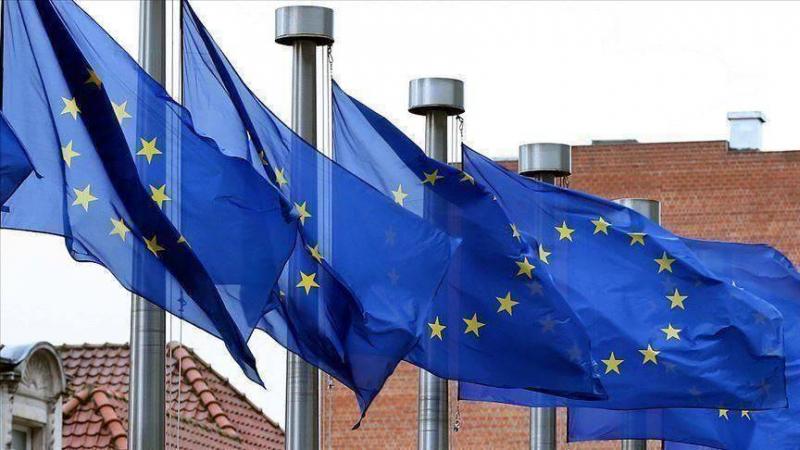Under the title "Europe Warns of 'Tsunami of Bankruptcies'... A Comprehensive Economic Crisis Looms," the Arab News website reported that a high-level European body has issued a stern warning about the risk of a wave of severe bankruptcies in the Eurozone as government support plans for companies end in the face of the coronavirus pandemic. This means that the entire business sector will be threatened with a severe crisis in the near future.
A report from the European Systemic Risk Board (ESRB), headed by Christine Lagarde, President of the European Central Bank, stated that companies may struggle to meet their debt obligations as their reliance on emergency financial support increases. The report, which was published by European newspapers and reviewed by "Arabia Net," warned that this could lead to a debt accumulation that heightens the risks of a suppressed wave of bankruptcies.
The ESRB stated, "Companies in the Eurozone requested a total of €1.5 trillion in the form of grants, tax deferrals, and loans during the pandemic." The report indicated: "In the worst-case scenarios, deferred bankruptcies may occur suddenly, leading to a recessionary dynamic that could cause further bankruptcies. Thus, the current low rate of bankruptcies resembles the receding sea before a tsunami disaster."
The number of bankruptcies throughout Europe dropped by about 20% between July and September of last year compared to pre-pandemic levels. However, the ESRB cited independent forecasts predicting a 32% surge in bankruptcies across Western Europe this year, with an even larger increase of 34% in Central and Eastern Europe as support measures wane.
The ESRB pointed out that a sharp rise in corporate failures could paralyze banks in the region, as increased defaults would weaken their capacity to finance recovery and could undermine the European project itself. The council added, "If rising bankruptcies undermine the ability of some member states to recover from the COVID shock and lead to a deterioration in asset quality in the banking sectors of those countries, it could result in political and economic instability that may extend to the rest of the European Union."
The council emphasized the need for countries to direct resources towards viable companies—possibly by converting loans and guarantees into grants under extended state aid rules—while employing effective bankruptcy procedures.




